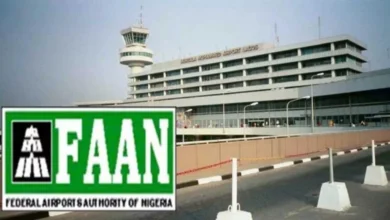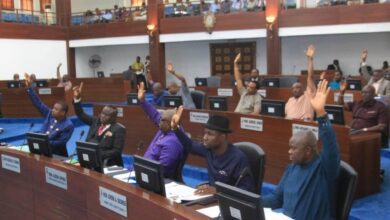
The Nigerian Bar Association (NBA) has elected Mazi Afam Osigwe (SAN), the former General Secretary, as the new president.
Osigwe received 50.52% of the votes, totaling 20,435, thereby securing the position.
The online voting, which began at midnight on Saturday, ended at 11:59 pm with a total of 40,451 lawyers casting their votes.
 Other elected officials include Sabastine Anyia, who was elected first vice president with 12,114 votes (33.14%); Mrs. Bolatumi Animashaun, second vice president with 26,534 votes (70.47%); and Mrs. Zainab Garba, third vice president with 23,550 votes (62.89%).
Other elected officials include Sabastine Anyia, who was elected first vice president with 12,114 votes (33.14%); Mrs. Bolatumi Animashaun, second vice president with 26,534 votes (70.47%); and Mrs. Zainab Garba, third vice president with 23,550 votes (62.89%).
Dr. Mobolaji Ojibara was elected General Secretary with 25,713 votes (68.67%), defeating Abdulwasiu Alfa, who garnered 11,730 votes.
Moreover, Mrs. Bridget Edokwe, the publisher of barristerng.com, was elected National Publicity Secretary with 19,542 votes (51.16%).
During the election, former NBA Lagos Branch Chairman, Chukwuka Ikwuazom (SAN), withdrew from the race, citing concerns about the integrity of the electoral process.
However, the electoral committee dismissed his claims of a compromised process and emphasized the measures taken to ensure a fair election.
The new executive will take over from the previous leadership, led by Yakubu Maikyau (SAN).
This election marks the turn of the Southeast to produce the president.







